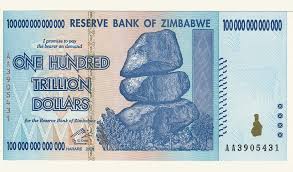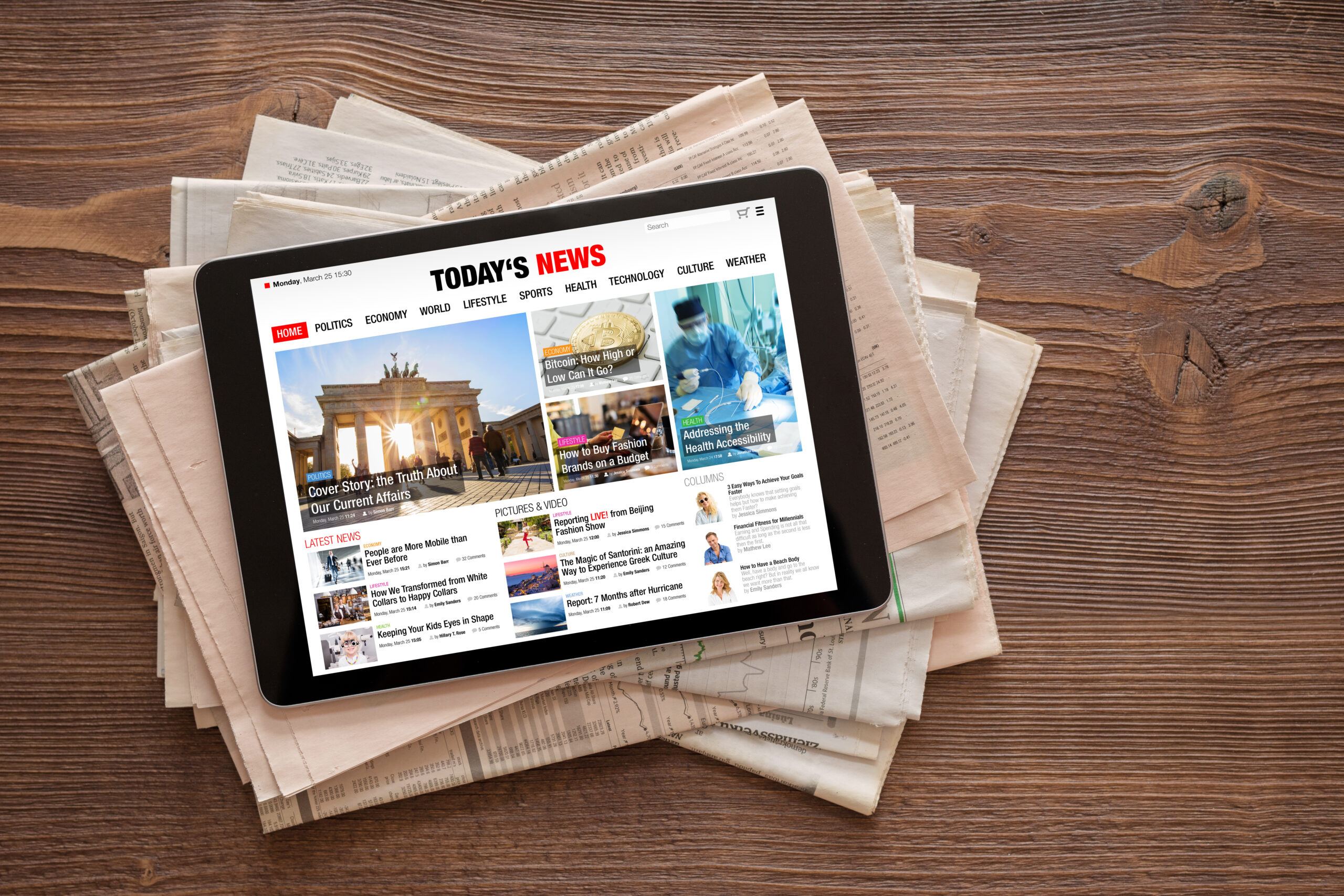Zimbabwe A Sad Story
I have had a love hate relationship with the country of Zimbabwe for many years. On one hand I can see the potential of Africa as a whole, and Zimbabwe in particular. On the other hand, I am no stranger to the continuous political upheaval, ethnic conflict, and a general sense that the place is a basket case.
I am not going to delve into the history of the country except to say that it was ruled by a white minority government until 1980. After mounting pressure from the rest of world, the whites agreed to have an election and Robert Mugabe was elected President.
A Soft Coup
As is so typical in Africa Zimbabwe’s initial experience with democracy was “one man one vote, one time”. Mugabe was effectively, over time, able to turn the state into his personal fiefdom which he and his ZANU-PF cronies were able to rule and loot until last year when he “resigned”.
What in fact happened is that other factions in Zanu-PF presumably led a soft coup to remove Mugabe from power. This was done because Mugabe was moving to empower his wife, Grace Mugabe, as his handpicked successor.
This was not a tenable situation for older members of the ZANU-PF party many of which were involved with Robert Mugabe in the “liberation struggle”. Grace Mugabe had aligned herself with younger party members, so called Generation 40 movement, and was making plans to marginalize and replace the older party members. This was not seen as a tenable situation by older party members who in general do not respect Mrs. Mugabe or think she earned the right to rule as she was not part of the liberation struggle.
Unfortunately for Grace Mugabe the older members of the party were also high-ranking members of the military and state intelligence apparatus.
A soft coup was initiated and Mr. Mugabe was removed from effective power and placed under house arrest. A long time Mugabe ally and confidant named Emmerson Mnangagwa was installed as President. Mr. Mnangagwa was part of the liberation struggle and earned his bones back in the day. He has held various cabinet positions and benefited greatly as a high-level apparatchik during Mugabe’s regime.
Changed Leader, New Attitude?
None of these people are nice guys. Mr. Mnangagwa, for example, was head of Mr. Mugabe’s re-election campaign in 2008 and was responsible for orchestrating violence against opposition parties such as the MDC. To illustrate the point Mr. Mnangagwa nickname is “the crocodile”. He also benefited greatly from his long-term alignment with Mr. Mugabe’s regime.
Having spent some time studying Mr. Mnangagwa I have come to form an opinion on him. He seems to be both an opportunist, he is one of the wealthiest men in Zimbabwe, that used his association with Mr. Mugabe and his various positions in ZANU-PF to enrich himself. However, he also appears to be a pragmatist.
Based on what he is saying and his actions, which count the most, he understands that Zimbabwe has tremendous potential and resources. However, as he has said, in order to develop these resources and move the economy forward it will require foreign capital and expertise. Because of over twenty years of economic sanctions, and the hyperinflation of the last decade, the economy is a complete disaster.
He has stated that Zimbabwe needs to reopen itself to the world and foster an environment that is enticing to foreign investment. That has been happening as a cursory search of the news indicates. There have been announcements of various large capitalization projects such as $1.5 billion-dollar Hwange power station, a $4.2 billion-dollar platinum project, Sinosteel investment of $1 billion dollars for a 400MW coal bed methane project, and various other initiatives like upgrading of border posts to allow for more trade and movement of goods.
Zimbabwe, A Need To Change
Mnangagwa also understands, or at least is professing to believe, that re-engagement with the world is necessary as Zimbabwe under Mugabe chose to isolate itself and pursue policies which earned the country and its leader’s sanctions which have contributed greatly to its underdevelopment.
Here is an interesting expose by the BBC right after the coup that has excellent information on the new President and what he is proposing. In the time since the expose the country has been making halting progress as various legacy issues around the currency and sanctions have been hampering the progress of economic growth.
After the hyperinflation in 2008 Zimbabwe began using currencies of other countries like South Africa and the US Dollar. This has created imbalances and currency shortages. The country needs to be able to have its own currency in order to enable further growth. That will require building trust with Zimbabweans and foreign investors. A free and fair election is a great way to show change is happening.

One of the first things that will happen is elections which are slated to take place 30 July 2018. Mr. Mnangagwa has stated his desire that these be free and fair elections. In the past elections have been mired in violence and voter intimidation. Zimbabwe has asked various election observers to come and watch the process.
If the elections that are to be held later this month are seen to be free and fair and the results are abided by then I think that Mr. Mnangagwa’s intent, assuming he is still President, is to begin engaging and reconciling with the international community i.e. the United nations, IMF, World Bank, and other super national organizations in an attempt to move towards an end to sanctions and some type of economic plan that includes debt restructuring and new economic aid.
Cautious Optimism
My view is that really has the potential to be a movement towards change which could translate to an investment opportunity. I have followed and invested in companies that have done business even under the Mugabe regime and still did fairly well. If the government in fact moves to make economic development and re-engagement with the world a top priority and actually follows through than there is a tremendous potential for huge investment returns.
I have already heard from some of the executives of some of the companies that I follow in Zimbabwe that they are being contacted by potential foreign investors about potential investment and partnerships.
I like to get ahead of the crowd and now that elections will take place later this month we will wait and see if in fact things are poised to change for the better or if this is a case of “meet the new boss, same as the old boss”.




